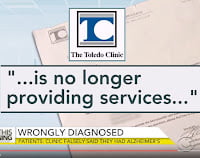
Alzheimer’s Misdiagnosed 50 Times by Memory Clinic
VIDEO + ARTICLE: Can a misdiagnosis ruin a life? Sherry-Ann Jenkins allegedly misdiagnosed Alzheimer’s dozens of times. A lawsuit by people hurt by their misdiagnosis

VIDEO + ARTICLE: Can a misdiagnosis ruin a life? Sherry-Ann Jenkins allegedly misdiagnosed Alzheimer’s dozens of times. A lawsuit by people hurt by their misdiagnosis

VIDEO: Glen Campbell’s movie, “I’ll Be Me”, is much more than superstars, great music & Alzheimer’s. It is an educational tour of Alzheimer’s medicine, technology

A new way to catch and predict Alzheimer’s with a blood test is in advanced stages of trials. The test promises to delay dementia, as

CONCUSSIONS & DEMENTIA – TED VIDEO: CTE Dementia (Chronic Traumatic Encephalopathy) is a dementia-mystery that Chris Nowinski is solving. See his ground-breaking effort to protect

DIAGNOSIS NEWS: Nearly all participants with mild memory problems who scored well on two 5-minute screening tests — measuring cognition and the ability to identify
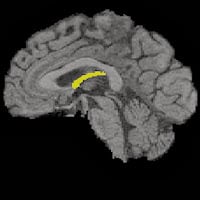
The fornix is a small, wishbone-shaped structure deep inside the brain. It provides a person’s earliest clues to future cognitive decline. Find out how much

DIAGNOSIS: A highly sensitive blood test has reached the market that can identify whether it is likely a patient has amyloid plaques in the brain,
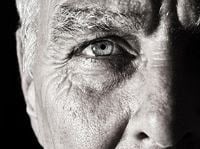
HOW QUICKLY your pupil dilates during cognitive tests can offer a low-cost, low-invasive screen for Alzheimer’s — even before the earliest signs. Learn how it
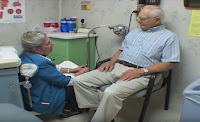
DIAGNOSIS VIDEO: Alzheimer’s tests are initially easy, but emotionally intimidating. See how they work and what taking a test feels like, in this is a
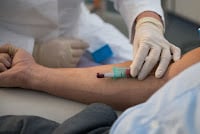
VIDEO + ARTICLE: A blood test to detect Alzheimer’s has moved one step closer to reality. Washington University can measure Alzheimer’s proteins in the blood
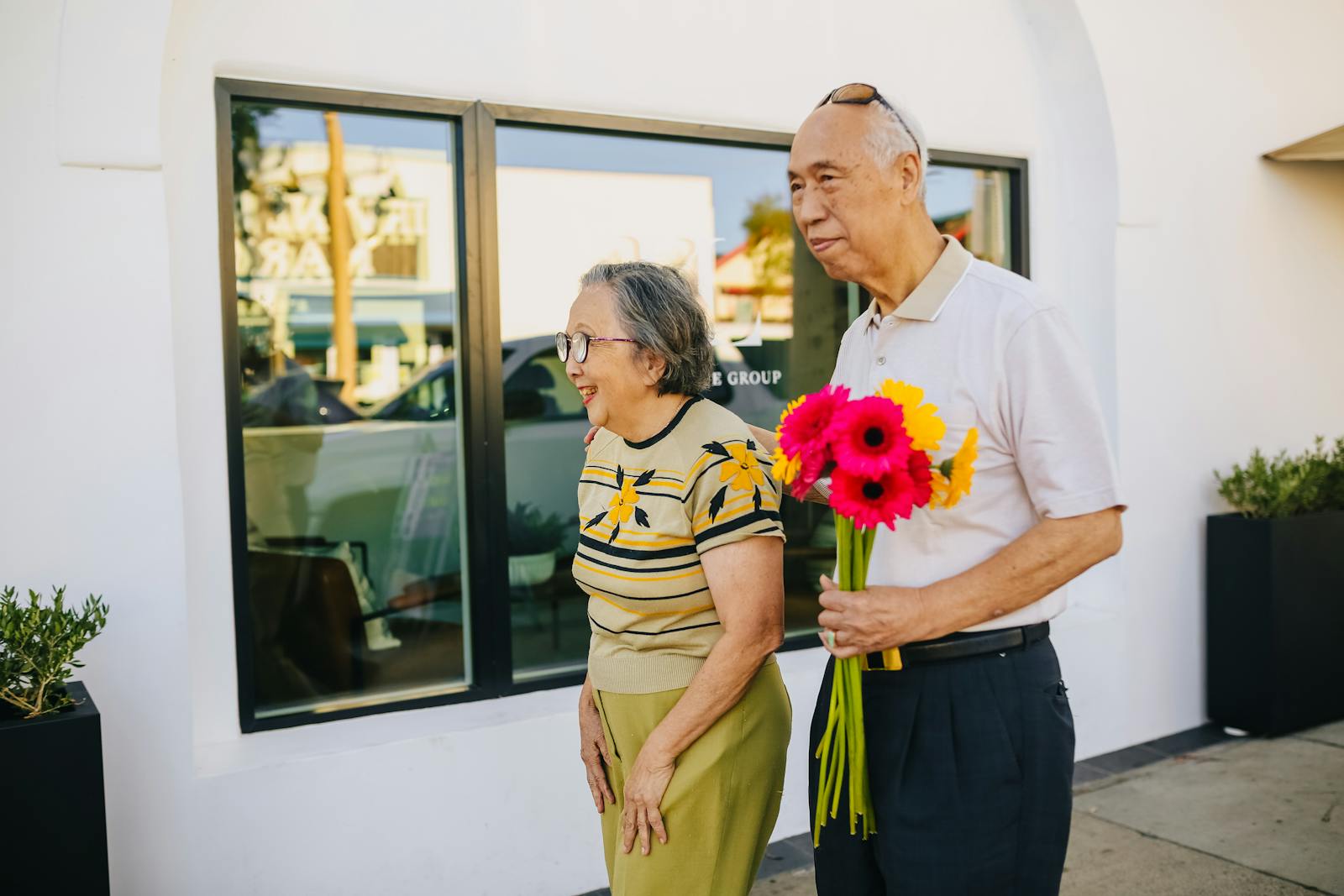
New evidence suggests genetics—not geography—may explain why Leqembi causes fewer ARIA brain side effects in parts of Asia, and what that means for families everywhere.

NEW YEAR’S VIDEO & ARTICLE: New Year’s Eve can still be a fun, enjoyable experience for loved ones with dementia. It’s a perfect moment to reflect on past moments that warmed the soul.
Learn how reminiscing makes for a great activity.

BRAIN-HEALTHY RECIPE: Ring in the New Year in style and moderation with this tantalizing sangria.

Researchers find that a diet including more fruit, vegetables, beans and tea or coffee lowers the risk of developing dementia later in life. Learn more.
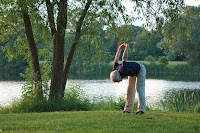
Did you know? Intellectual abilities are increased in the brain by an average 300% in most people ages 60-80.

Too much sleep and too little sleep can contribute to cognitive decline, researchers report. Learn more.
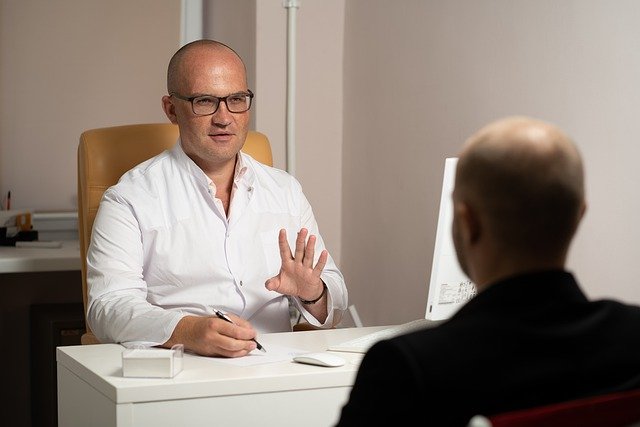
People with dementia who were consistently seen by the same General Practitioner (GP) are given fewer medicines and are less likely to be given medicines that can cause problems, according to researchers at University of Exeter. Learn more.
No spam, only news and updates.